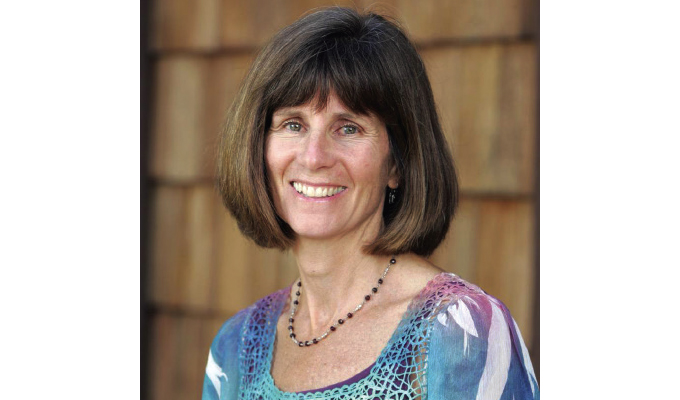Since 2008, Marianne DiMascio has been working to advance the goals of the American Council for an Energy-Efficient Economy’s (ACEEE) Appliance Standards Awareness Project (ASAP). As the project’s state policy manager, she creates awareness of and builds support for appliance efficiency standards on both the federal and state level, building a coalition of supporters through outreach, education, and advocacy. She is also co-author of The Efficiency Boom: Cashing In on the Savings from Appliance Standards. Below, she shares some of her insight on recent regulatory actions that can benefit both the climate and consumers.
MPT: Please tell our readers a bit about the new efficiency standards New York will be implementing.
Marianne DiMascio: The New York legislature passed a sweeping bill this month to slash climate-change emissions and save New Yorkers hundreds of millions of dollars annually on their utility bills by requiring appliances to be more energy efficient. The bill, the most expansive of any recently passed by a state, now goes to Governor Kathy Hochul for her signature.
The bill will apply to many common household products, including computers and televisions. It calls for the New York State Energy Research and Development Authority (NYSERDA) to update energy and water efficiency standards for seven products already regulated by the state and to set new standards for another thirty, including air purifiers, electric vehicle chargers, and restaurant equipment.
MPT: Do you expect appliance standards like these to be adopted in other states or even at the federal level?
Marianne DiMascio: In just the past few years, thirteen states plus DC have adopted new appliance efficiency standards, including Maine, Massachusetts, New Jersey, Rhode Island, and Vermont.
MPT: How will these new standards be put into action?
Marianne DiMascio: New York will be one of three states, along with California and Connecticut, to give a state agency broad regulatory authority to ensure appliance standards keep pace with technological advancements. In addition to directing NYSERDA to consider standards for a long list of specific products, the bill empowers the agency to establish new efficiency standards and promulgate regulations, including for products not listed. The California Energy Commission has used its authority to issue nation-leading standards, and NYSERDA could do the same for New York with this new bill.
The bill directs NYSERDA to consider energy reduction, water conservation, greenhouse gas reductions, and increased demand flexibility when setting appliance standards. Demand flexibility requirements could ensure that water heaters, for example, come factory-equipped with technology enabling them to preheat water when electricity is cheapest, such as at night.
MODERN PUMPING TODAY, June 2022
Did you enjoy this article?
Subscribe to the FREE Digital Edition of Modern Pumping Today Magazine!


